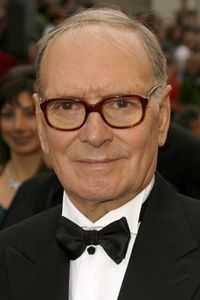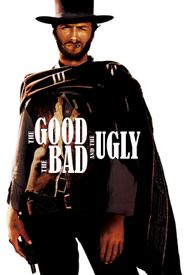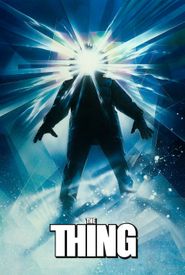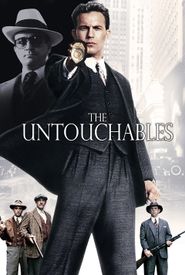Ennio Morricone, a renowned composer, studied at Rome's prestigious Santa Cecilia Conservatory, specializing in trumpet. Although his early film scores were relatively unremarkable, his talent was soon recognized by director Sergio Leone, with whom he would form a legendary director/composer partnership. Morricone's score for Leone's A Fistful of Dollars (1964) revolutionized the use of music in Westerns, featuring sparse arrangements, unconventional instrumentation, and memorable tunes.
This groundbreaking score, which incorporated unusual instruments such as bells, electric guitars, harmonicas, and the distinctive twang of the jew's harp, set the tone for Morricone's future work and influenced countless other Western scores. His contributions extended far beyond the spaghetti Western genre, as he worked on a vast array of films, including comedies, dramas, thrillers, horror movies, romances, art films, and exploitation movies.
Throughout his illustrious career, Morricone has written nearly 400 film scores, making him one of the most versatile and prolific composers in the film world. Some of his most notable works include his collaborations with Leone on films such as Once Upon a Time in the West (1968),Duck, You Sucker (1971),and Once Upon a Time in America (1984),as well as his scores for Gillo Pontecorvo's The Battle of Algiers (1966),Roland Joffé's The Mission (1986),Brian De Palma's The Untouchables (1987),and Giuseppe Tornatore's Cinema Paradiso (1988).
Morricone's unique talent has also been showcased in the opening credits of Pier Paolo Pasolini's The Hawks and the Sparrows (1966),a rare example of a sung opening credits sequence. With a career spanning over six decades, Ennio Morricone has left an indelible mark on the world of film music, cementing his status as one of the greatest composers of all time.























